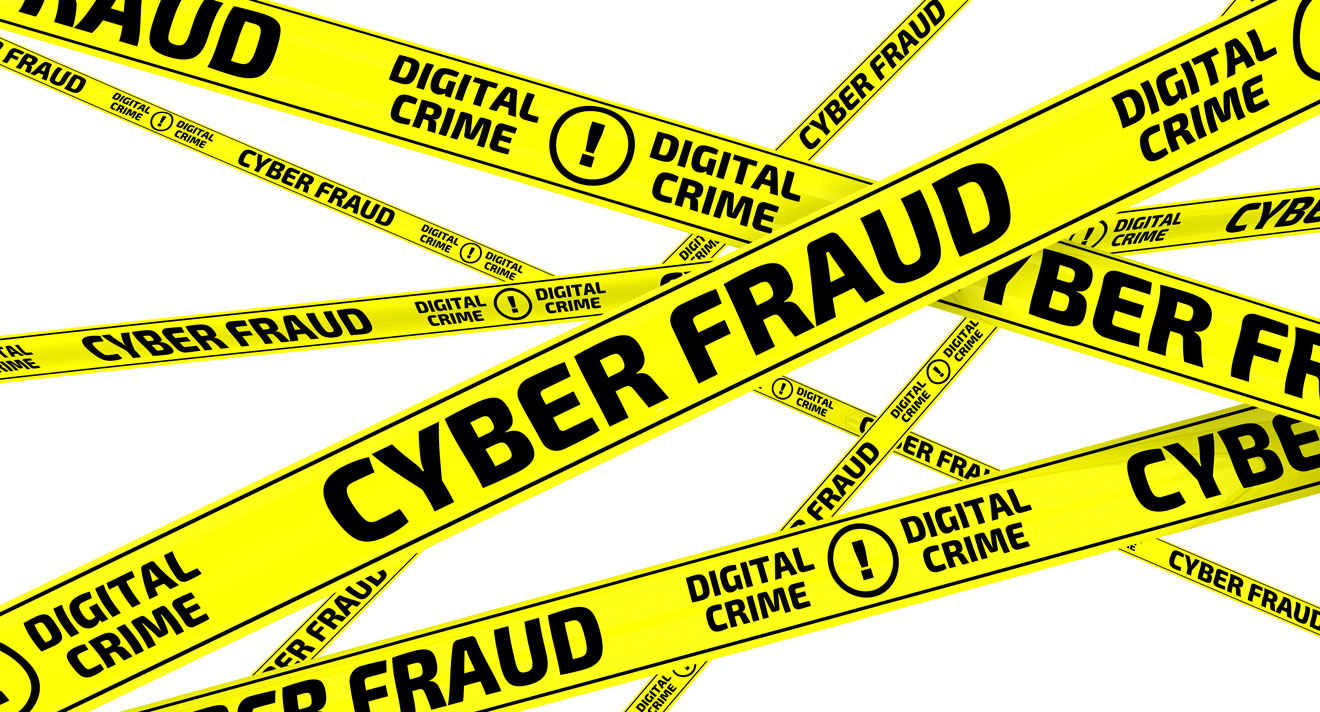Have you lost your credit cards? Concerned that someone might have stolen your bank account information? Worried, your Social Security number was exposed in a recent data breach at your favorite retailer?
What do you do?
You need to act fast! You do not want to become another statistic as a victim of identity theft.
In 2019 the Identity Theft Resource Center reported 1,473 data breaches exposing more than 869 million records.
Maybe it's time to place a fraud alert on your accounts.











.png?width=144&height=134&name=2019_PCI_Logo_Footer_10_16_19%20(002).png)
